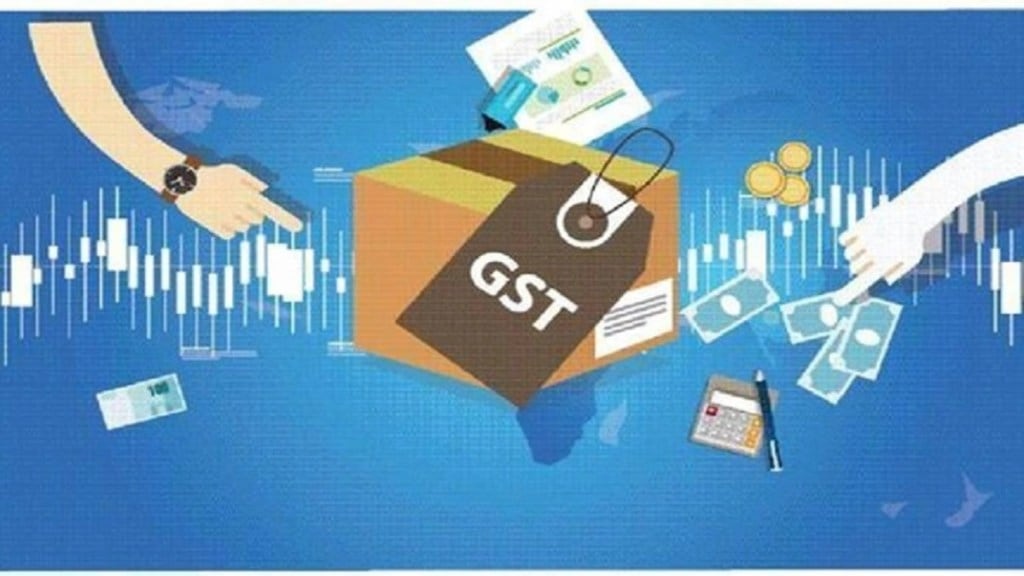Ease of doing business for MSMEs | 6 years of GST: Hailing the ‘success’ of six years of the Goods and Services Tax (GST) rollout, traders’ body Confederation of All India Traders (CAIT) has urged Finance Minister Nirmala Sitharaman that the tax system “should be made stable and a more simplified tax by removing the current existing anomalies.” CAIT said much more is needed for making GST a simplified and rationalised tax system.
The traders’ body on Saturday in a statement called for the setting up of a special task force including senior government officials, businessmen and industry representatives providing suggestions on rationalising GST and reducing the multiplicity of laws and regulations on traders. Moreover, the task force will also suggest how to increase and enlarge the tax net, prevent fake billing and wrong inputs.
Also read: 6 years of GST: 88% MSMEs see reduced cost of goods and services, says Deloitte survey
CAIT National President B C Bhartia and National Secretary General Praveen Khandelwal said that with the experience of central and state governments and traders on GST in the past six years, the tax system should be reviewed afresh as a simple and convenient tax. Bhartia and Khandelwal also suggested that a ‘GST coordination committee’ should be formed at every district level in the country under the chairmanship of a collector in which local tax and other officials and local business leaders should be included.
GST was introduced in July 2017 as a major reform to simplify and unify the country’s tax system by merging about 17 types of indirect taxes and about 13 types of cesses. Consequently, a significant impact on the Indian economy has been made with 88 per cent of MSMEs reporting a reduction in goods and services costs along with optimised supply chains, a Deloitte survey of 612 responses from large and MSME units in June this year noted.
Among measures introduced under GST such as increasing the threshold limit for registration under GST from Rs 20 lakh to Rs 40 lakh has been beneficial for MSMEs, according to 74 per cent of MSME respondents in the survey. Similarly, 73 per cent said relaxation of threshold and reduction of restrictions for availing the composition scheme benefited them while 55 per cent noted invoice financing solutions launched by various providers based on invoices reported under GST to be beneficial.
The gross GST revenue collected in June stood at Rs 1,61,497 crore of which CGST was Rs 31,013 crore, SGST was Rs 38,292 crore and IGST Rs 80,292 crore (including Rs 39,035 crore collected on import of goods) and cess Rs 11,900 crore (including Rs 1,028 crore collected on import of goods), according to the latest data from the finance ministry’s statement on Saturday.
It was for the fourth time that the gross GST collection crossed the Rs 1.60 lakh crore mark since the introduction of GST. The average monthly gross GST collection for the first quarter of FY22, FY23 and FY24 was Rs 1.10 lakh crore, Rs 1.51 lakh crore and Rs 1.69 lakh crore respectively.

